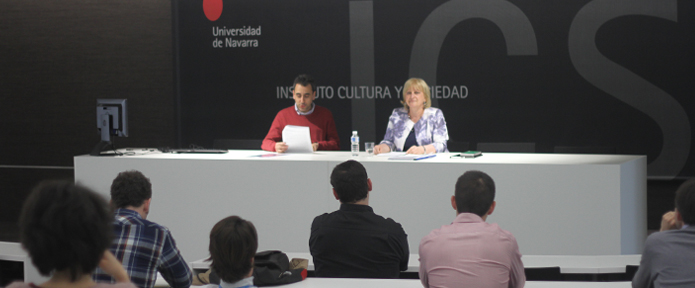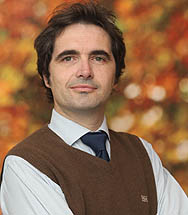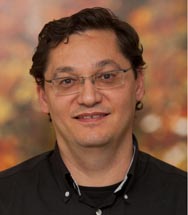"Science without values is not sustainable in practice"
An expert from the University of Lublin analyzed the relationship between science and philosophy at an ICS seminar

"The idea of science without values is fine in theory, but it is not sustainable in practice", or so argued Agnieszka Lekka-Kowalik, a professor at the John Paul II Catholic University of Lublin, during a seminar entitled, “Philosophy - A necessary context for doing science,” which was organized by the Mind-Brain Group of the Institute for Culture and Society Institute (ICS) at the University of Navarra.
Professor Lekka-Kowalik added that science is not autonomous and cannot be separated from moral values because this can lead to erroneous assumptions and a discipline in which researchers suffer from “schizophrenia of values”. She noted, "As a scientist, I could put several people in a freezer to study the influence of temperature on the human body. It would be a scientifically reliable method to obtain data. However, as a Catholic, my values would prevent me from doing so."
On the issue addressed at the seminar, Lekka-Kowalik noted the need for philosophical presuppositions in science because "philosophy creates a free space where we wonder how things really are, a space in which truth is the main value."
She also explained that to resolve conflicts that may sometimes arise between morality and science, it is necessary to build a context in which there is no methodological isolation between disciplines: "[We need] a framework in which disciplines can criticize each other and in which all are subject to the truth." To achieve this, Lekka-Kowalik stressed the need for philosophy.
Recovering the idea of an “educated mind”As for the integration of science into the European education system, she claimed that efforts have still not been enough. "The University is generally seen as a provider of knowledge. This is a misconception because the main purpose of education is to educate the mind," as Professor Lekka-Kowalik noted.
She added that the idea of becoming ever more efficient leads to people specializing very early on and recalled the importance of cooperation between the sciences and humanities for the proper development of an “educated mind.” She continued, "As a scientist or technician one is more action-oriented. As a humanist, one tends to make interpretations that are far from reality."
Finally, Lekka-Kowalik noted that one of the great contemporary challenges of education is to restore the place of truth and wisdom in society, which is only possible if we recognize "the existence of a truth outside the will and emotions."


